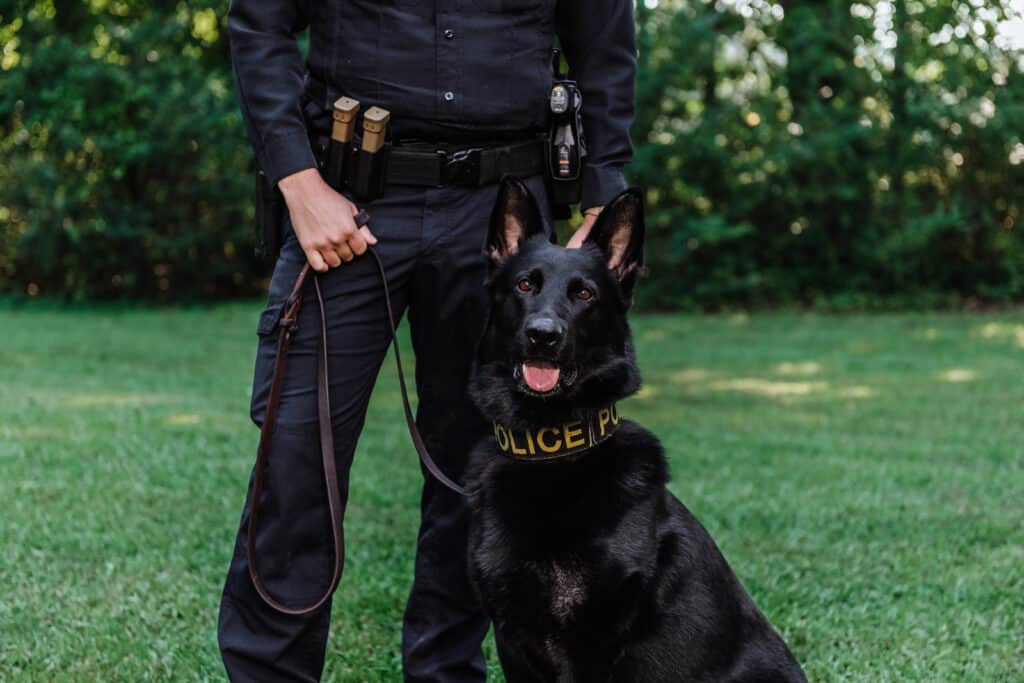Vital Pet Dog Educating Strategies for a Lifetime of Etiquette
Efficient pet training is foundational to cultivating a well-behaved friend that enriches our lives. Comprehending canine behavior and utilizing socializing techniques can stop potential problems prior to they arise.
Comprehending Pooch Behavior

Additionally, understanding the innate instincts and drives of a dog-- such as prey drive, social communications, and territorial actions-- makes it possible for instructors to prepare for and take care of details actions. A pet dog with a strong prey drive may call for various methods than one that is much more socially inclined.
Additionally, early socializing and direct exposure to various environments significantly affect a pet dog's habits and temperament. Favorable experiences throughout vital developmental durations can cause well-adjusted adult pets, whereas unfavorable experiences may result in anxiousness or hostility.
Favorable Support Methods
Amongst the different dog training strategies, positive support techniques stand out for their performance and capability to strengthen the bond in between pet and fitness instructor (Ohana K9 Academy). This strategy stresses rewarding wanted behaviors rather than punishing unwanted ones, promoting a more participating and trusting connection
Favorable support can take many forms, including deals with, appreciation, playthings, or play. The trick is to provide immediate benefits when the pet dog shows the wanted habits, permitting them to make the link between the action and the positive outcome. If a pet rests on command, giving a treat right away enhances that habits, making it a lot more likely to be duplicated.
Uniformity is vital in favorable reinforcement training. Fitness instructors ought to utilize the same cues and rewards to avoid confusing the dog. Additionally, varying the incentives can keep the pet dog's rate of interest and motivation, transitioning from frequent treats to periodic appreciation or play as the canine masters the behavior.

Standard Command Training
Structure on the foundation developed with positive support methods, standard command training offers as a vital step in creating a hospitable dog. This training normally includes essential commands such as "rest," "stay," "come," and "down - Ohana K9 Academy." Each command plays a crucial role in cultivating effective interaction between the pet dog and its owner, improving the overall bond
To launch basic command training, pick a quiet atmosphere without disturbances. Begin with short, focused sessions lasting no even more than 5 to 10 minutes to preserve your pet's attention. Use high-value deals with as rewards, making sure the dog connects proper behavior with positive end results. When teaching a command, utilize a see this clear, constant spoken cue gone along with by hand signals to enhance understanding.
Persistence is vital; pets may require various repeatings to comprehend commands totally. Progressively raise the complexity by introducing variations or distractions once your canine dependably responds. Regular method strengthens discovered commands, solidifying them in your canine's habits collection. Eventually, fundamental command training not only fosters obedience but also enhances safety and security and promotes enjoyable communications throughout strolls and playtime, preparing for advanced training techniques in the future.
Socialization Strategies
In the world of look at this website canine training, socialization strategies are necessary for cultivating a well-adjusted and confident canine friend. Efficient socialization entails subjecting your canine to a variety of settings, people, and various other pets in a controlled and positive fashion. The main objective is to aid your canine develop a convenience level with varied experiences, which can substantially decrease anxiety and stress and anxiety in unfamiliar scenarios.
Begin socialization throughout the vital developmental home window of 3 to 14 weeks, when puppies are most responsive to new experiences. Present your dog to various setups, such as parks, city locations, and homes with other pet dogs. Make sure these encounters declare by utilizing treats and praise to enhance etiquette.
Group training courses are an outstanding means to expose your pet dog to other pet dogs and individuals in a structured click for more info atmosphere. This permits supervised communications, helping your canine find out appropriate social hints. Normal outings and playdates with courteous pets can further improve social abilities.
Addressing Behavioral Problems
Attending to behavior issues in canines is a critical aspect of training that needs a methodical strategy and understanding of canine behavior. Common problems such as barking, eating, aggressiveness, and anxiety can stem from different aspects, consisting of absence of socializing, not enough exercise, or even medical issues.

Additionally, developing an organized routine that consists of routine exercise and psychological stimulation can significantly alleviate behavior issues. Interactive playthings can keep a pet engaged and lower harmful tendencies. In instances of serious aggressiveness or stress and anxiety, speaking with an expert dog fitness instructor or a veterinary behaviorist might be necessary.
Final Thought
In conclusion, effective canine training methods, consisting of favorable reinforcement, basic command training, and socialization, are important for promoting great actions throughout a pet's life. Addressing behavioral issues with a systematic method not only improves obedience however likewise enhances the bond between pet dogs and their proprietors.